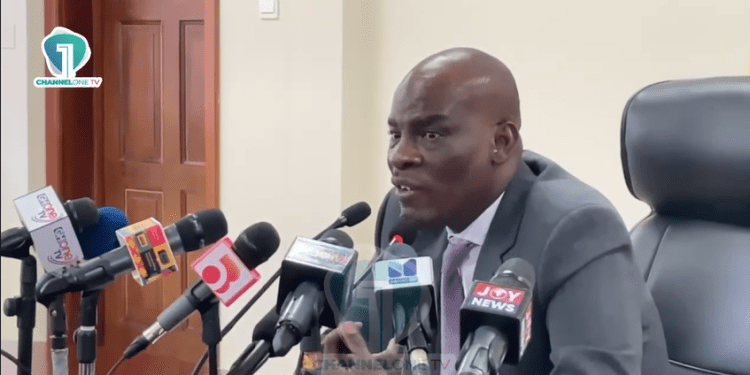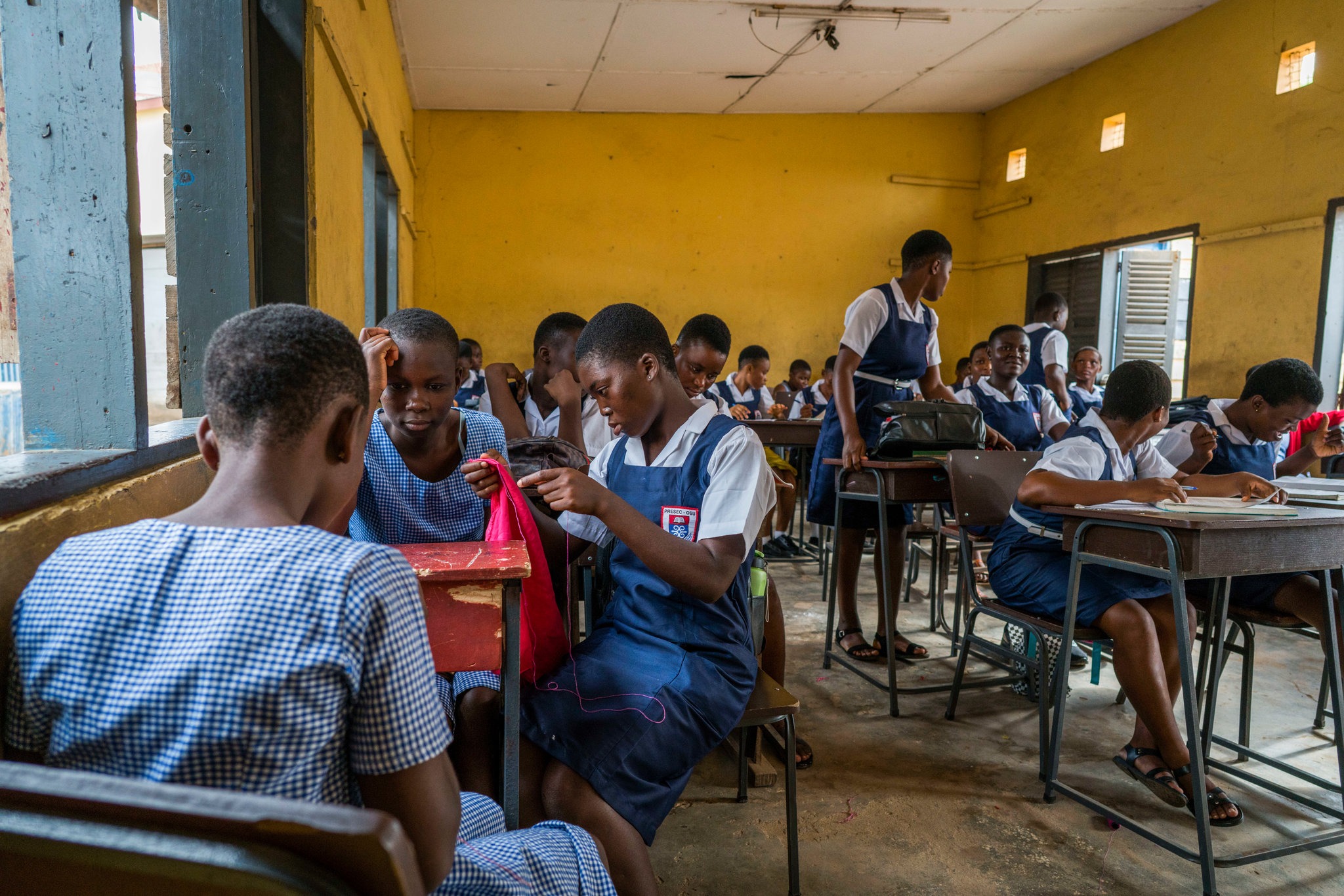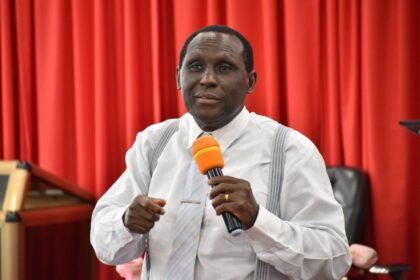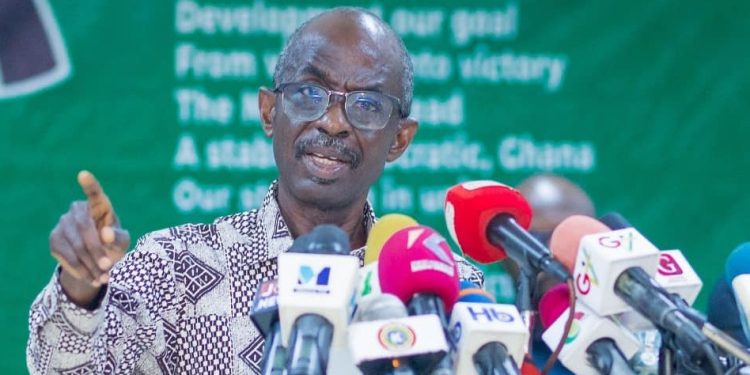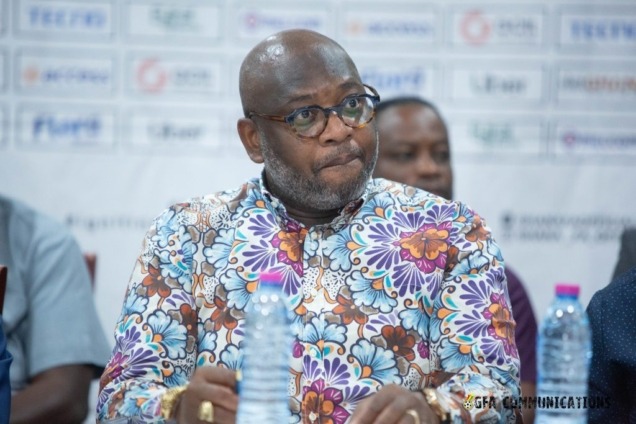Government-sponsored Ghanaian PhD students in the United Kingdom are facing the risk of deportation and withdrawal from their programs due to unpaid tuition fees and stipends that have accumulated for up to 48 months.
In a statement released on Thursday, November 9, the leadership of the Ghanaian PhD cohort in the UK described the situation as critical, revealing that at least ten students have already been excluded or withdrawn from their universities.
“About 10 of our members are currently excluded or withdrawn from their studies due to non-payment of tuition fees and are awaiting potential notification from the Home Office for their deportation,” the statement read.
Students reported that the arrears have severely affected their ability to study and sustain themselves. “Several colleagues have been evicted from their homes, while others are facing legal proceedings for months of unpaid rent,” they said.
The group added that many members have gone months—or even years—without receiving stipends, which range from £1,023 to £1,200 per month. “Some members are owed as much as 48 months in stipends, meaning they have not received any payment from the Ghanaian government since starting their PhD programs.”
Approximately 110 students sponsored by the Ghana Scholarships Secretariat (GSS) are currently enrolled in PhD programs at UK universities. The students said the crisis also involves missing renewal letters, with 36 members unable to re-enrol or continue their research due to administrative delays.
Unpaid tuition has created serious academic and immigration complications. Some students have completed their courses but cannot graduate, while others who traveled to Ghana for research have been denied re-entry into the UK because of outstanding fees and pending Home Office deportation notices.
Although the GSS has made partial payments recently, the students described the efforts as “woefully inadequate,” noting that 30 students have received no payment for the 2024/25 academic year. Universities have blocked many from re-enrolling or accessing essential student portals. The group estimates that around £400,000 is needed to sustain studies for the 2025/26 academic year.
The students also criticized administrative lapses and lack of transparency in managing the scholarship scheme. “While we acknowledge challenges stemming from the ad hoc administration by past management, students should not bear the consequences of administrative errors by public officials,” they said.
Despite these frustrations, the group recognized ongoing efforts by the government to reform the scholarship system. “We note with confidence the government’s attempts to ensure transparency and fairness in awards,” they stated, emphasizing that their members come from diverse backgrounds and are not affiliated with any dominant political party.
Appealing directly to the new UK High Commissioner and President John Dramani Mahama, the students urged urgent intervention. “We appeal to the UK High Commissioner and President Mahama to prioritize immediate resolution and redress, as has been done with other statutory liabilities inherited from the past administration.”
The statement concluded on a hopeful note: “We trust that our concerns will be heard and that positive action will follow to safeguard our academic future.”




